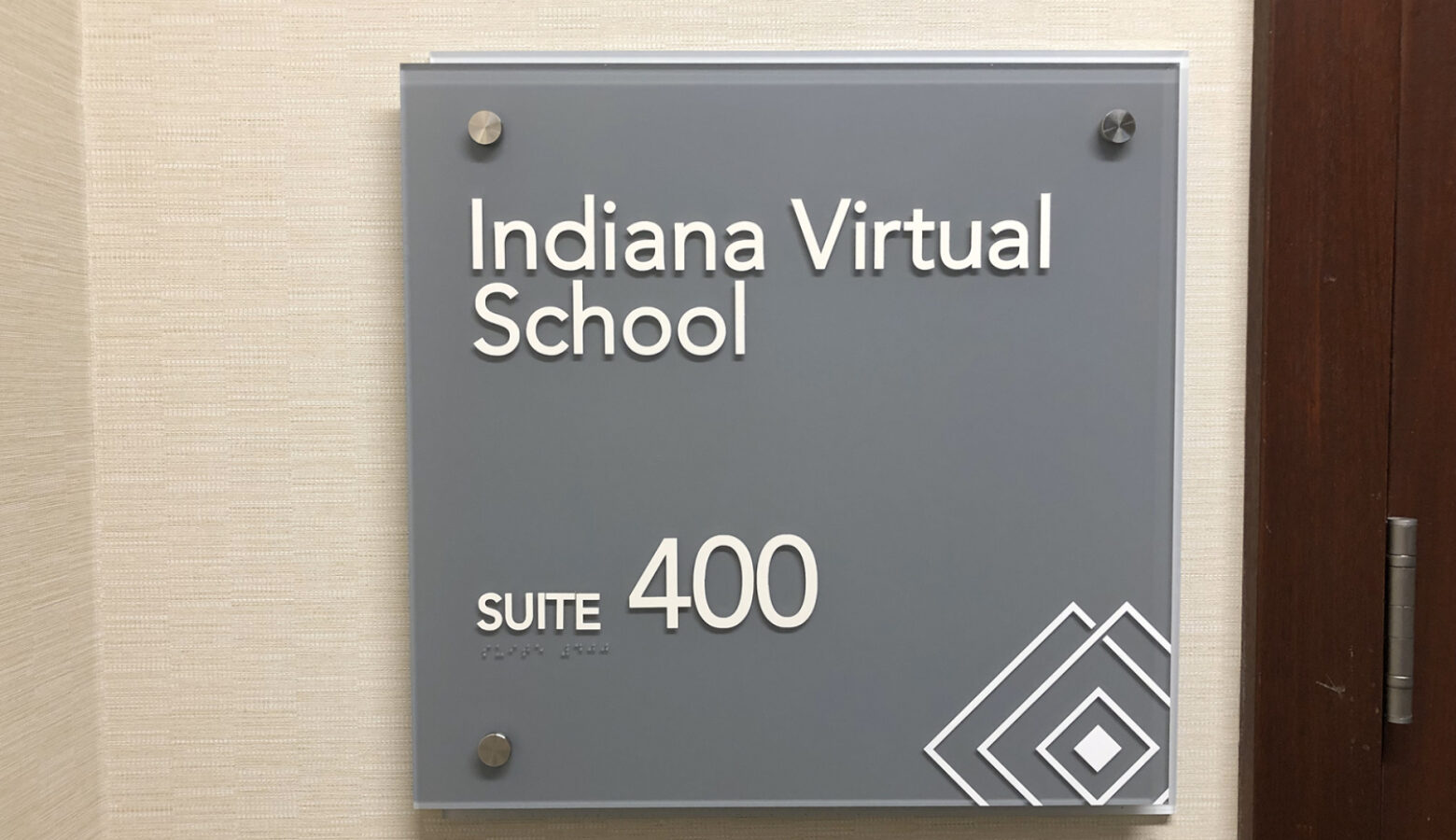Federal grand jury indicts Indiana virtual charter school leaders in alleged $44M enrollment scheme

The people indicted are Thomas Stoughton, who headed the schools and controlled multiple related companies; Phillip Holden, who was director of Indiana Virtual School and had responsibilities for both schools; and Percy Clark, who was superintendent of both schools.
Indiana schools receive funding based on the number of students who are enrolled. The core of the federal case is that staff for the two virtual schools reported students to the state — and collected funding for them — even though they were not attending. Moreover, the indictment claims that Stoughton, Holden, and Clark knew that those students were not genuinely enrolled.
“As a result of these fraudulently inflated enrollment numbers, the State of Indiana paid IVS and IVPA millions of dollars more than they would have received had they claimed their enrollment accurately,” according to the indictment from the U.S. Attorney for the Southern District of Indiana. The indictment was filed Jan. 17.
DOCUMENT: United States v. Stoughton, Holden, Clark
The indictment claims that as a result of false enrollment reports, the state education department paid more than $44 million to the schools that they were not entitled to receive.
The indictment describes several ways that the defendants purportedly inflated enrollment. In September 2018, it alleges that Stoughton and others asked an information technology contractor to compile a list of students who had been removed from the rolls for inactivity but were not enrolled in another school. It included about 600 students. At Stoughton’s instigation, many of those students were re-enrolled without permission of the students or families.
At the same time, however, the schools paid educators based on the number of students who actually attended classes.
The indictment also alleges that Stoughton transferred money from the schools, which were not-for-profits, to shell companies and ultimately to himself, his family, Clark and others.
The indictment charges Stoughton with money laundering and lists several transactions involving “criminally derived property.” They include more than $50,000 in 1-ounce Golden Eagle coins, $58,000 for a Cadillac sedan, $11,000 in jewelry from Tiffany & Company, and about $80,000 in tuition to the private Park Tudor School.
The indictments are the latest indication of how troubled the schools were. Indiana Virtual School and Indiana Pathways Virtual Academy abruptly closed in fall 2019 after allegations of inflating enrollment.
The schools were charter schools, which are publicly funded and privately managed. They were authorized and overseen by Daleville Community Schools, a public school district.
A 2020 State Board of Accounts investigation found the public schools reported students as enrolled when there was no evidence they attended the virtual classes. As a result, the schools inappropriately collected more than $68 million in state funds, according to the audit.
In 2021, Indiana Attorney General Todd Rokita sued the schools, multiple venders that provided services to them, and 14 individuals with ties to the schools or the companies that were inappropriately paid. That lawsuit, which asked for $154 million, is still ongoing.
An attorney for Stoughton declined to comment. Lawyers for Holden and Clark did not immediately respond to requests for comment. Lawyers for the office of the United States Attorney for the Southern District of Indiana did not immediately respond to a request for comment.
In a statement, Rep. Ed DeLaney (D-Indianapolis) said the indictment showed that charter schools in Indiana are not appropriately monitored.
“What this indictment doesn’t tell us is the impact of such mismanagement on the students,” Delaney said. “Our children deserve better. Our taxpayers deserve better. Charter schools must be subject to public accountability.”
Contact WFYI education reporter Dylan Peers McCoy at [email protected].
